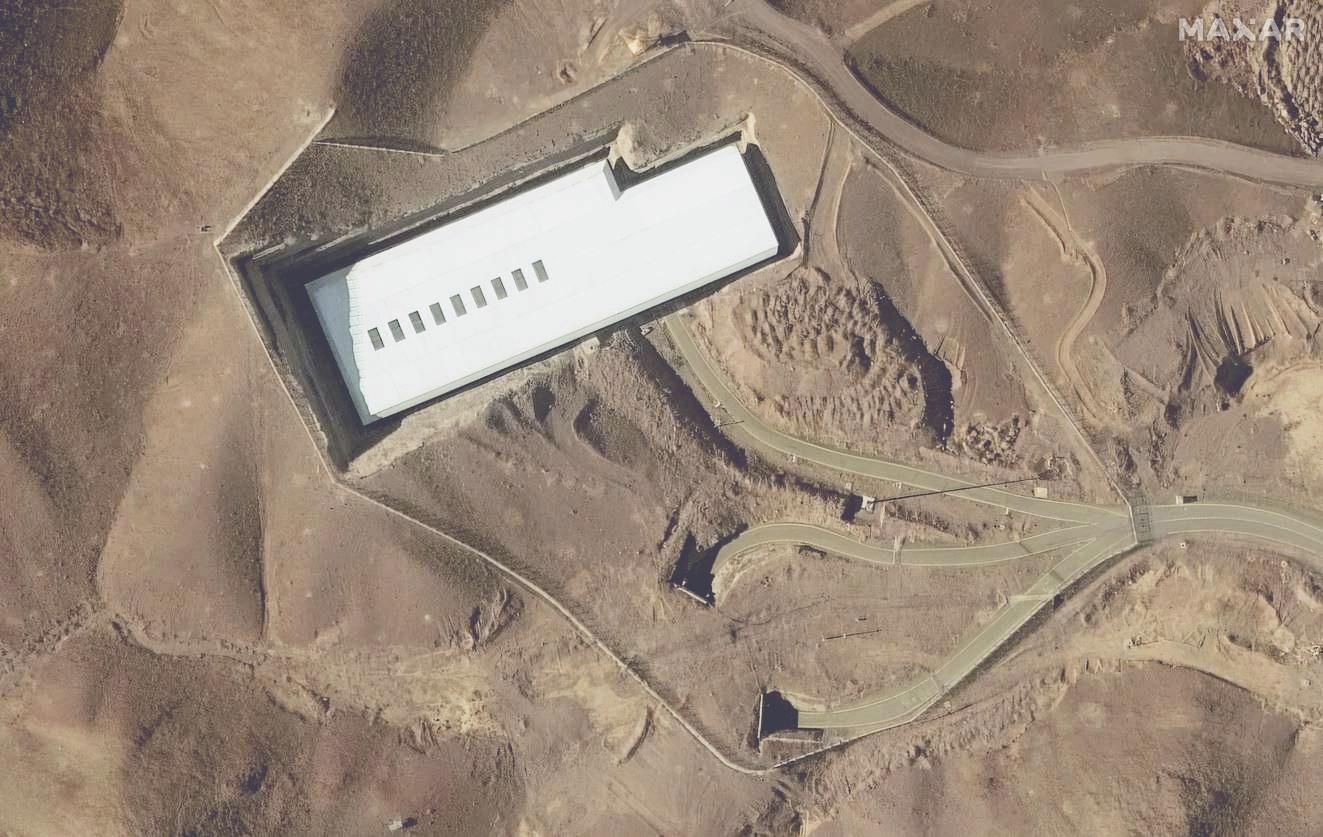
A version of this story appeared in the daily Threat Status newsletter from The Washington Times.
Click here to receive Threat Status delivered directly to your inbox each weekday.
Speculation has intensified over possible U.S. involvement in Israeli strikes on Iranian enrichment facilities, as the conflict enters its fifth day.
Israel has made the destruction of Iran’s nuclear program the central goal for the war and has launched several missile strikes on the Islamic Republic’s underground enrichment facilities. However, some remain skeptical about Israel’s ability to destroy the hardened facilities without U.S. assistance.
Speculation has centered on Iran’s nuclear enrichment facility at Fordo. The site, buried more than 260 feet below a mountain near the city of Qom, is central to Iran’s nuclear program and is protected by an extensive, Russian-built missile defense system.
Israel has launched strikes on Iran’s Natanz enrichment facility, which is also underground. It remains unclear whether Israel’s ballistic missile strikes have neutralized the facility. The International Atomic Energy Agency said the attacks have led to increased nuclear contamination of the site.
Reports are unclear on whether Israel has conducted extensive strikes on Fordo.
According to reports, the only way to disable Iran’s facilities at Fordo and Natanz would be with “bunker buster” bombs, which can penetrate at least 200 feet before exploding. Only U.S.-made B-2 bombers are capable of carrying the 30,000-pound precision-guided bombs.
SEE ALSO: Israel launches fresh wave of strikes in Iran as war escalates
Reports suggest that at least two GBU 57/B bunker buster bombs would be needed to destroy Fordo. U.S. bombers would also need air superiority over Iran, a task that could strain Israeli forces as the war drags on.
The U.S. used B-2 bombers earlier this year to target underground Houthi weapons facilities in Yemen.
Israeli journalist Barak Ravid reported Saturday that President Trump told Israeli Prime Minister Benjamin Netanyahu that the U.S. would assist Israel in destroying the Fordo site. However, Mr. Ravid said the White House had denied agreeing to assist in Israel’s strikes.
Adding to speculation is Mr. Trump’s decision to leave the G7 summit early to focus on the Israel-Iran conflict. Mr. Trump was unwilling to discuss possible U.S. cooperation with Israel at the summit, saying, “I don’t want to talk about that.”
The president said his administration isn’t seeking a ceasefire, adding that the White House is looking for a “real end” to the conflict.
On Monday, Defense Secretary Pete Hegseth ordered the deployment of “additional capabilities to U.S. Central Command in the Middle East.” He said the order was made to ensure security in the region.
SEE ALSO: Trump slams ‘publicity seeking’ French President Macron for comments about Iran-Israel conflict
Mr. Trump campaigned on his peacemaking abilities and has repeatedly promised not to drag the U.S. into another prolonged conflict.












